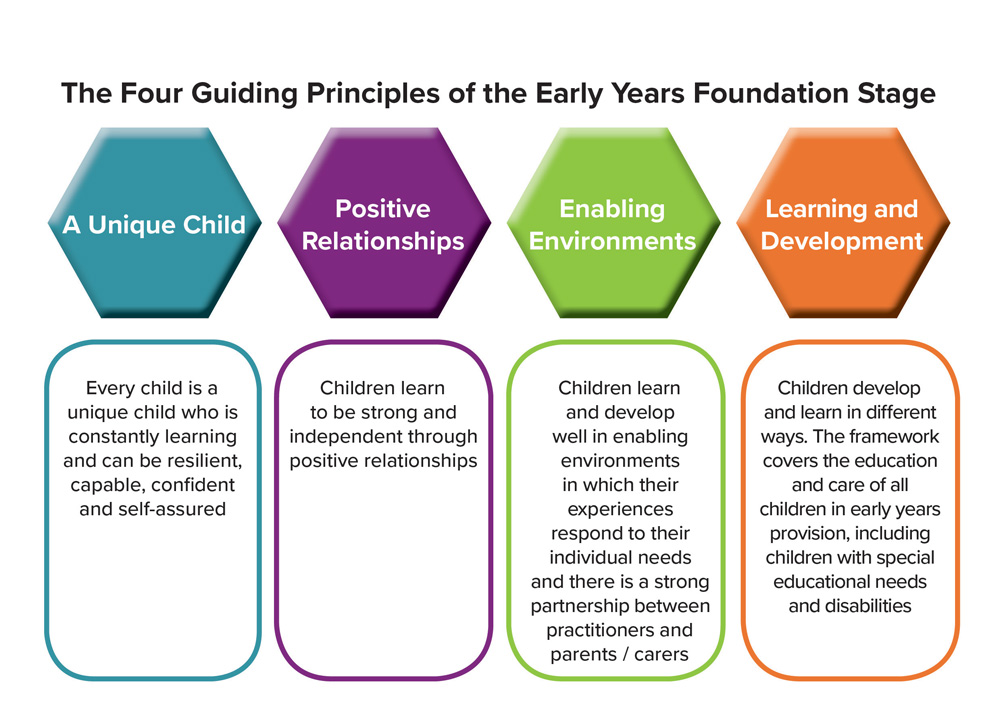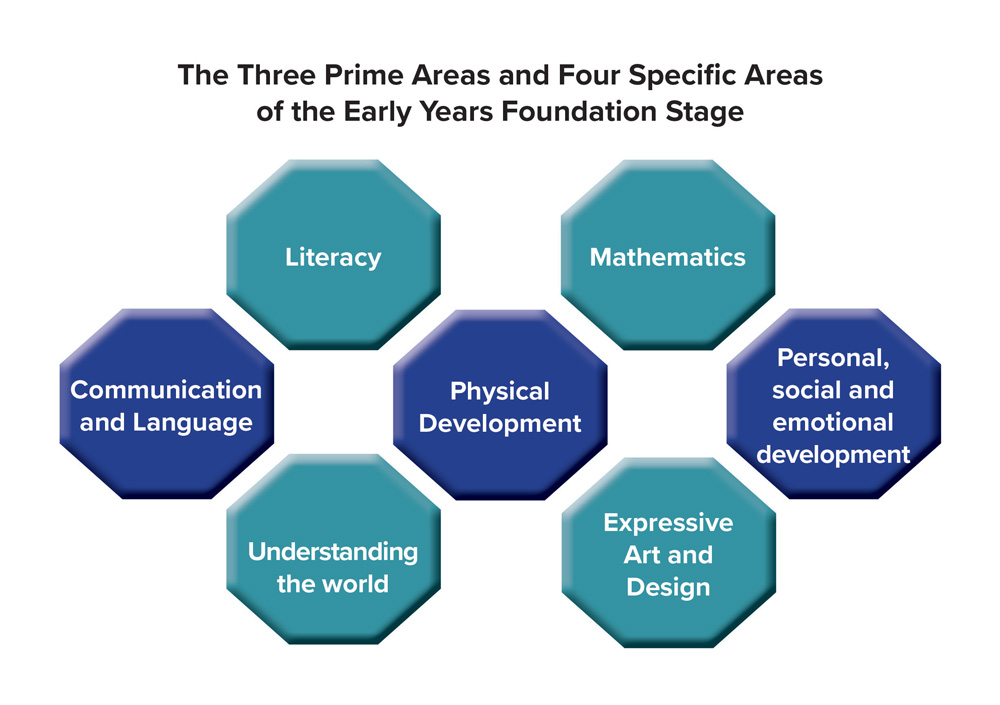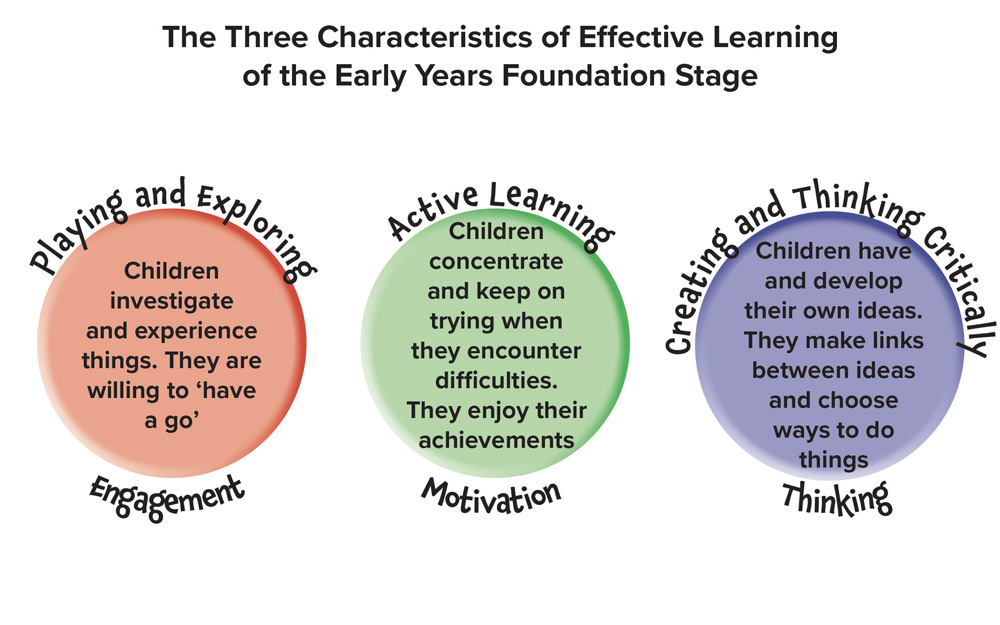It goes without saying that parents are the most important people in a child’s early life. It is through interaction with their parents that young children begin to communicate and to speak their first words; to take their first steps and develop physical skills and to learn social skills and develop friendships and relationships with others.
A child’s first step on their learning journey away from their parents is a significant milestone in their young life. It’s a time that may appear daunting for parents as they start the process of deciding upon the right starting point for their son or daughter, known as ‘settings’ in the world of early years education. For those returning to work after parental leave, this might be with child minder or nursery for a young baby; for others, it is a move away from having their toddler with them all day every day and for some it is the first step before starting in formal education. At whatever stage this occurs, the child minder, nursery or pre-school will have the Early Years Foundation Stage (EYFS) at the heart of everything they do. So what exactly is the EYFS? Just like the bemused man in a recent marketing campaign trying to establish precisely what defines a ‘flat white’, the term EYFS appears everywhere, online, in Ofsted reports or in advertisements for nurseries, pre-schools and schools, and it is sometimes not entirely clear what EYFS means in practical terms. So here goes…
The EYFS is essentially the curriculum laid down by the Government that sets the standards for learning, development and care of a child from birth to 5 years of age. It was originally introduced in 2008 and revised in 2012. At the time, it was a ground-breaking move, as it provided a common framework for all settings ranging from child minders, nurseries, pre-schools and the Reception year of primary school education.
It gives all practitioners a set of common principles and commitments to deliver quality early education and childcare experiences to all children. As well as being the core document for all professionals working in the foundation years, the EYFS framework gives parents confidence that, regardless of which setting they choose for their child’s early education, they can be assured that the same statutory commitments and principles will underpin their child’s learning and development experience.
So what are these principles? There are four guiding principles of the EYFS that lie at the heart of good practice for all Early Years settings, as follows:

Within this overarching framework, there are Early Learning Goals set in seven different areas. There are three Prime Areas and four Specific Areas:

And four Specific Areas:

All seven areas are of equal importance, although for children under 3 years of age the Prime Areas are the focus. They naturally form the basis of skills that children need to develop in the four Specific Areas.
That might all sound like a lot to take in and it is important to remember that nurseries, pre-schools and reception classes are fun-packed and busy. Yes, children take their the first steps to literacy by learning phonics but there is so much more for children to do, experience and learn from, whether it’s messy play, exploring the world around them safely or learning new games.
Nurseries, pre-schools and reception classes have dedicated, qualified staff who are trained to use their knowledge and experience to develop the children’s learning. They work closely in partnership with parents to achieve this. Every child is treated as an individual and staff use their observations to plan future activities and projects which relate to children’s current interests, needs and the world around them, as they begin to develop independence and life skills.
Every child has an individual learning journey where staff keep an ongoing record of their development with observations, photos and other. This may be through an app-based programme, such as EyLog, where parents can log in and view their child’s activities and progress. Your child's learning journal offers not only a way of recording the special moments of your child's early life, it forms the basis of the nursery/parent partnership. This is also used in conjunction with the developmental stages and milestones that the nursery or school to monitor and assess more formally how a child is progressing. As a commitment to your child it is important that we regularly meet and discuss your child’s progress and look together towards their future next steps. At Little Lancing, our summative reports are shared with parents three times a year.
There is more information about the Characteristics of Effective Learning within the EYFS in a short film on the Birth to 5 Matters website.
 Close
Close